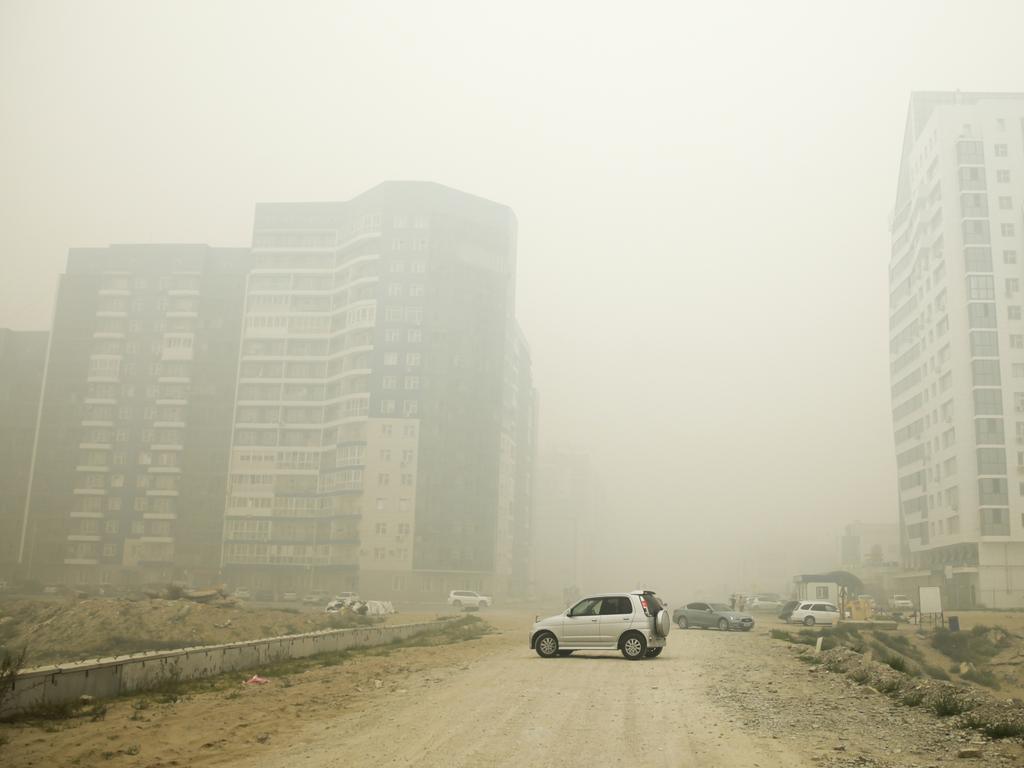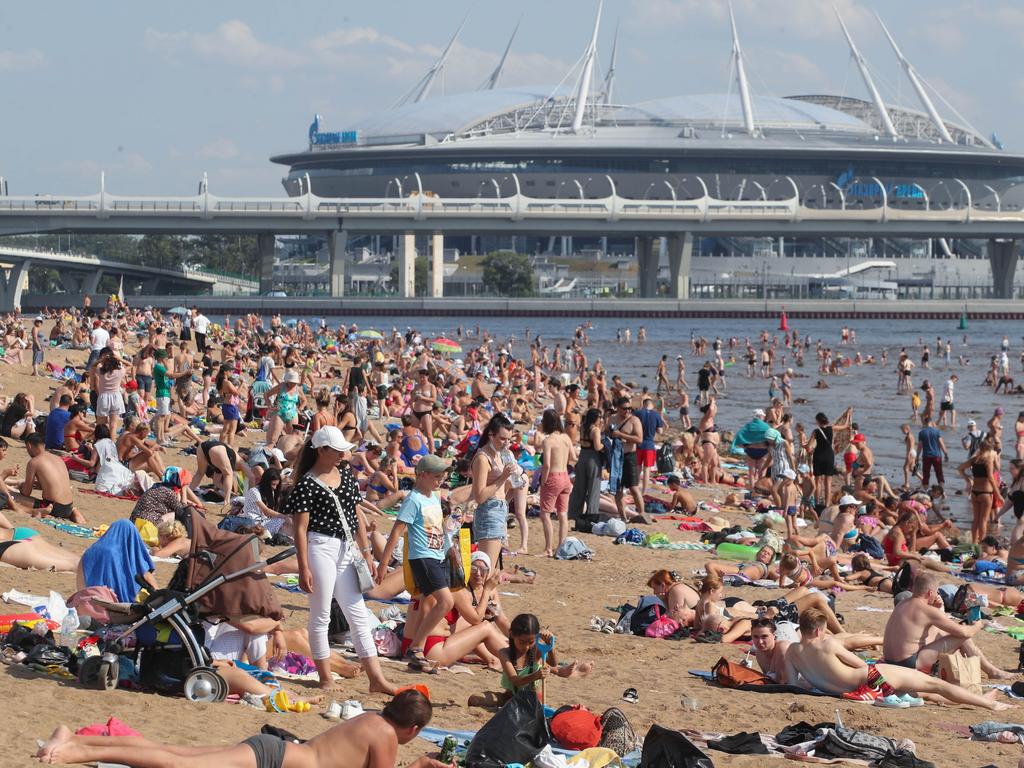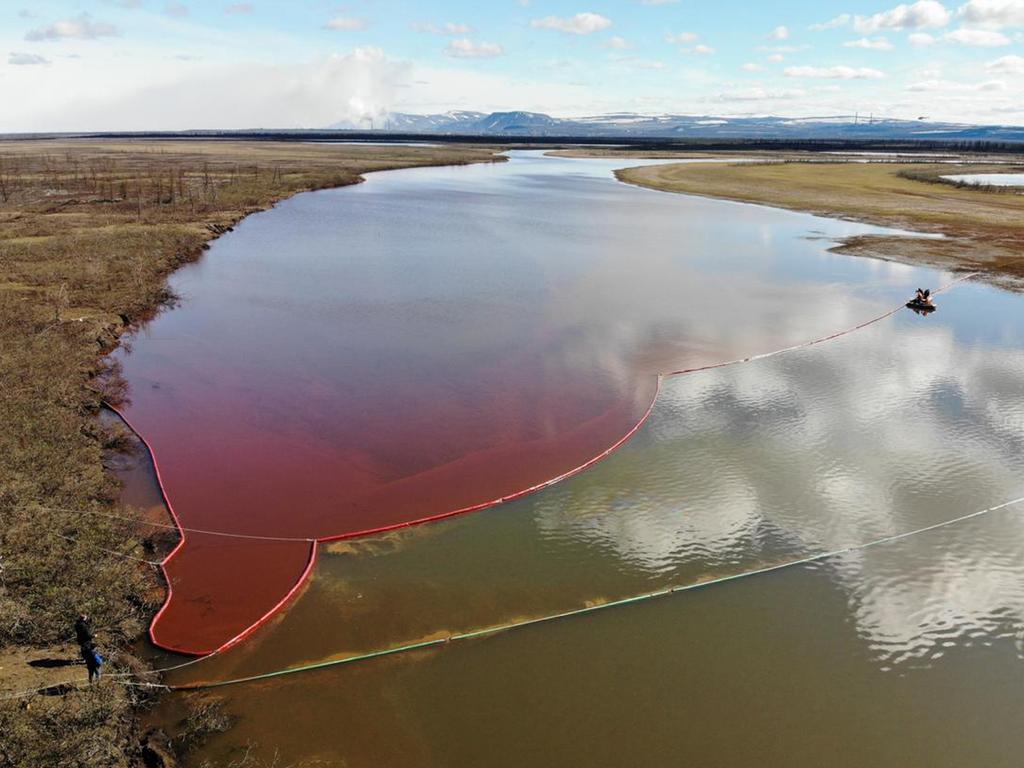Russia in no rush on climate
Russia has set a net zero target for 2060, but it could prove to be the biggest block to progress at the COP26 climate conference in Glasgow. Here’s why.
A view that Russia could actually benefit from climate change may make Moscow a recalcitrant negotiator at the COP26 climate conference in Glasgow, observers have warned.
While China’s emissions and plans to increase its already massive network of coal-fired power stations have long caused concern, some argue Russia could ultimately prove to be the country that’s harder to shift towards climate action.
Last week Vladimir Putin confirmed he would not be attending the COP26 conference, a move Kremlin commentators said probably had less to do with policy priorities and more to do with the Russian president’s personal obsession with potential exposure to Covid-19.
While Russia will send a delegation to Glasgow, there are concerns it will act to slow or even block real progress for two main reasons: first, because it’s economically reliant on fossil fuel exports, and second, because of the enduring belief climate change could transform the country in positive ways.
According to Professor Frank Jotzo, Director of the Centre for Climate Economics and Policy at ANU, there is a view within Moscow “that Russia has a lot to gain from global climate change, because so much of the north is under permafrost, and those land areas are really not economically useful for anything much”.
“In some of the more simplistic thinking that has pervaded Russia over time, climate change might make more land areas available for agriculture, as well as for fossil fuel extraction, because Russia’s gas deposits by and large are in the north, and are more easily accessible the more the ice thaws,” Prof Jotzo said.

Russia is the fourth biggest emitter of all countries, after China, the US and India, and is responsible for five per cent of all greenhouse gases currently pumped into the atmosphere.
It also has a ringside seat for two of climate change’s most alarming tipping points: the melting of Arctic sea ice (the IPCC has predicted we will see at east one ice-free summer on the north pole before 2050), and the thawing of the Siberian permafrost, which releases significant quantities of methane, accelerating the greenhouse effect.
While the Siberian permafrost issue has led to concerns off a “ticking methane time bomb,” the emissions are not counted as part of Russia’s greenhouse gas inventory, Prof Jotzo said.
“They are considered natural phenomena. Not anyone’s fault as such,” he said. “They’re not part of the equation, just like the bushfires in Australia are not on Australia’s emissions inventory.”

Earlier this month Putin announced Russia would reach net zero by 2060, matching commitments by developing nations China, Indonesia and Saudi Arabia. For a politician who had previously denounced the science of climate change, it was a significant shift.
Matching nations such as China on emissions was an interesting development, Prof Jotzo said, because Russia “would of course claim to be a developed country otherwise”.
“It’s a very delicate dance that Russia is doing with Europe, as the main customer for their fossil fuel exports, and so (they recognise) there needs to be some sort of accommodation of climate change,” he said. “It’s all very complex but by and large I would say any pronouncements by Russia on climate change need to be taken with a very large grain of salt.”
It’s not the only area where Russia’s statements have been called into question.
Speaking to a resources industry forum on COP26 matters last week, Susie Smith, the chief executive of the Australian Industry Greenhouse Network, said estimates of Russia’s methane emissions varied widely from report to report.
“There’s a range of numbers being presented,” she said. “Mandatory reporting will improve those global data sets.”


Polar geopolitics expert Dr Elizabeth Buchanan from Deakin University said Moscow could seek to use the west’s economic sanctions – imposed after Russia annexed part of Ukraine in 2014 – as a bargaining chip for climate negotiations at Glasgow and beyond.
A recent report by Bloomberg suggests this strategy is already in play. The news service quoted Putin’s climate envoy Ruslan Edelgeriyev putting the case for a state-run gas corporation to be exempted from sanctions as a condition for fixing worsening methane leaks in its pipeline network.
While the Kremlin may have mixed responses to the threat of climate change, the Russian people demonstrate an increased concern about extreme environmental events, Dr Buchanan said.
This year alone has seen the hottest summer temperatures in Moscow in 120 years, and wildfires in Siberia that burnt through a record 18.16m hectares of forest. (By comparison, Australia’s Black Summer bushfires destroyed just over 30 million hectares.)

A massive 2019 diesel oil spill in the Arctic Circle near the mining city of Norilsk was the country’s largest ecological disaster to date and had also boosted public support for tighter environmental controls, Dr Buchanan said.
While Russia faced massive climate-related challenges, Dr Buchanan said she believed the president would ultimately move to act on them.
“More than most politicians, Vladimir Putin is all about his legacy,” she said. “He doesn’t want to leave Russia to fail.”
Originally published as Russia in no rush on climate




